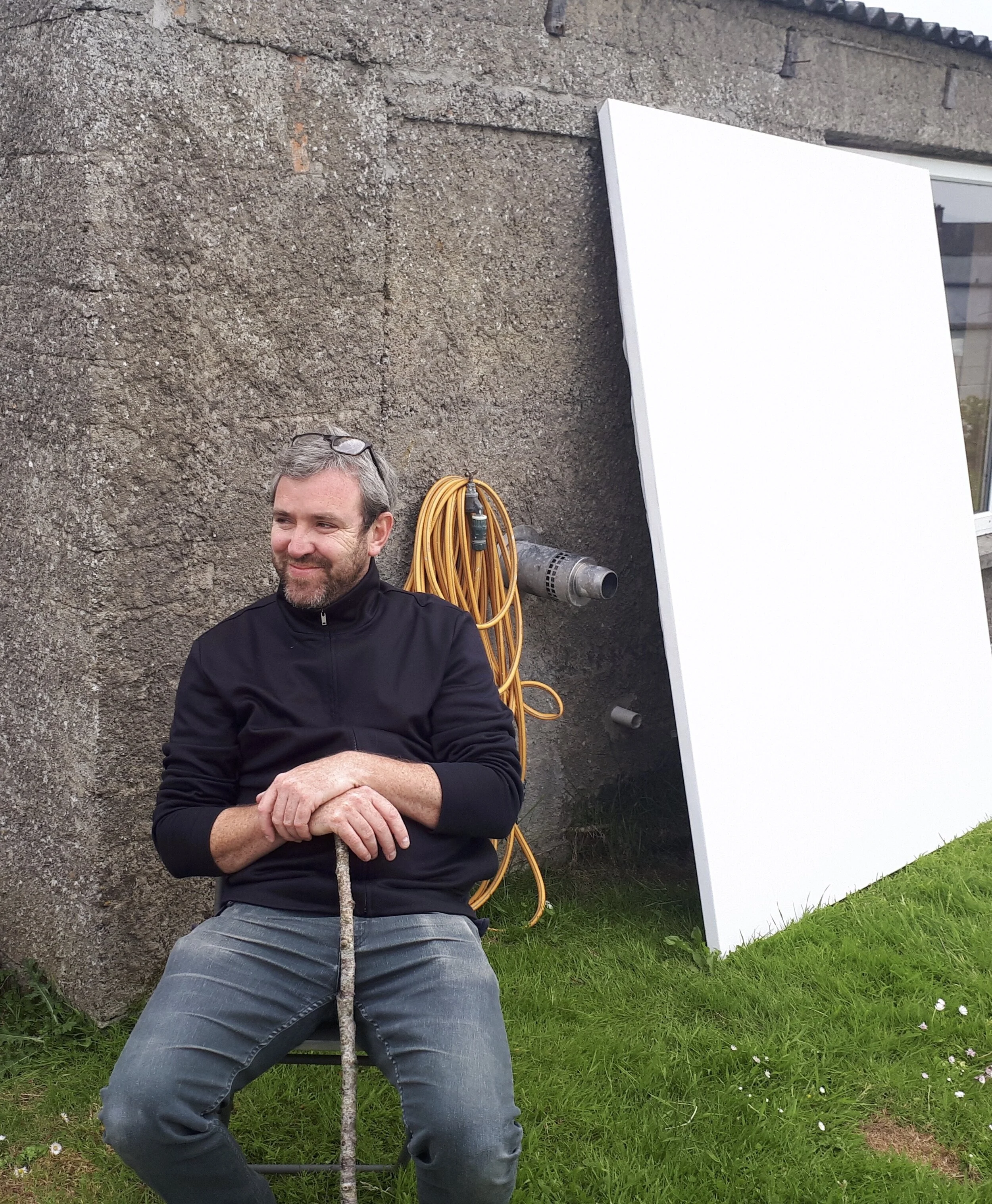A CHAT WITH NEIL KRUG
PHOTOGRAPHER AND ART DIRECTOR NEIL KRUG
As someone who is obsessed with both photography and music, today I am ecstatic to share our interview with Neil Krug both photographer and sought out art director who’s worked on some of our favorite album covers, including Tame Impala. I had been looking for the right words to express how I feel about how social media is affecting or changing the art world and Neil explains it best in our interview. Thank you Neil for your amazing work and for joining us on the platform.
I live in Los Angeles and have been working here since 2010. I never think about my career in terms of highlights; I just think of the memories of being with friends in different places and I feel a sweet romance with those moments. Right now, to finish any piece of work that I’m proud of and to have people experience it is pretty exciting. In general, it feels as though social media is inundating the world with sensory overload. It’s as if we’re living in the age of the “reactionary” art form. I think this form (whatever you want to call it) will in time prove to have overwhelming diminishing returns.
Your greatest inspirations or influences?
My inspirations are pretty straight forward: music, sex, rainy streets, driving in the desert at night.
From an early age until now, my influences have been all over the place. I was thinking about this the other day in a hyper-recall-daze and the earliest inspirations that I can remember were probably the Marvel logos after Saturday morning cartoons in the 1980s–– which now could be seen as some kind of vaporwave art piece. I immediately felt connected to that aesthetic as a kid. The same can be said for the Sesame Street animations and blips that played on PBS throughout the ‘80s. The funky music, animation, and the overall sensibility of that show spoke to me in so many ways.
Another major influence from my childhood was the Jimi Hendrix song “…And the Gods Made Love.” I remember my dad playing that record when I was probably 4 or 5 years old and what should’ve been horrifying about that track was instantly comforting. The noise of the sped-down/sped-up tapes with the heavy phasing was illuminating—almost as if my brain was getting cracked open. I remembering picturing a purple, cartoon Zeus making love in a dark sky (even though the act of love-making was impossible for me to grasp at that age). I now recognize that as the sound of lust in the form of an hallucinatory experience. That is something that will forever feel vital to me in art. Little moments like that informed more about my relationship with music than I’m probably aware of.
Tell us a bit about your creative process?
I try to absorb the things that speak to me and challenge my sensibilities. Then I try to create a situation where I’ll be able to make the work—and finish it—with a bit of the same energy that I had when I started. Sometimes it’s sounds I hear that’ll inform an image I see in my head. And if that image or scene feels exciting, I’ll often write it down in some kind of scribbled code that only I could decipher. I keep tons of these little notes around my studio, which is helpful when I need to make something quickly; I’m already queued up.
Some ideas form over long periods of time. When they’re ready to be blasted out, I’ll usually have the feeling that there’s nowhere left to go but out.
After 2020, I don’t have things that I’m looking forward to necessarily. At the moment, I just spend my days trying to stay grateful and gracious to everyone and everything around me.
How has this year changed your creativity or how you see the world changing moving forward?
The only thing that has changed, on my end, is speed at which I procure shoots with my collaborators. Everything since the pandemic takes a little more planning; before that environment, I had a much looser approach. In the past, I would call my collaborators over just for testing ideas. Now, time in the studio is much more planned simply because it has to be.
How do I see the world changing? I don’t think I’m equipped intellectually to project anything in that regard. I don’t think anyone can truly comprehend the amount of waste we produce as humans, but I’m forever an optimist and try not to wake up everyday in state of gloom. English intellectual Christopher Hitchens said it best in his lifetime: “It's only when you have grazed on the lower slopes of your own ignorance and begun to understand the great vistas of non-knowledge that you have, that you can claim to have been educated at all.”














